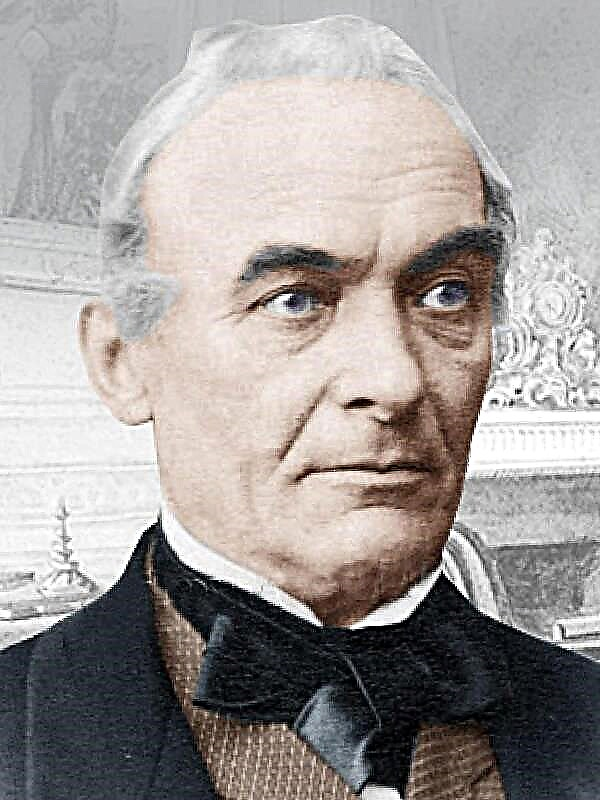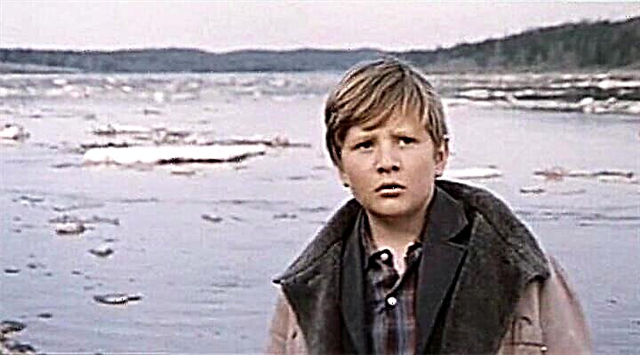In mythical Greece, there were two of the strongest kingdoms: Thebes in Middle Greece and Argos in Southern Greece. There was once a king in Thebes by the name of Laius. He received a prophecy: "Do not give birth to a son - you will destroy the kingdom!" Laius did not obey and gave birth to a son named Oedipus. He wanted to destroy the baby; but Oedipus escaped, grew up on a stranger’s side, and then accidentally killed Lai, not knowing that this was his father, and married his widow, not knowing that it was his mother. How it happened, and how it was discovered, and how Oedipus suffered for it, will tell us another playwright - Sophocles. But the worst thing - the death of the kingdom - was yet to come.
Oedipus, from an incestuous marriage with his own mother, had two sons and two daughters: Eteocles, Polinic, Antigone and Yemen. When Oedipus surrendered power, the sons turned away from him, reproaching him with sin. Oedipus cursed them, promising them to share power with the sword. And so it happened. The brothers agreed to rule alternately, each year. But after the first year, Etheocles refused to leave and expelled Polynik from Thebes. Polynik fled to the southern kingdom - to Argos. There, he gathered allies for himself, and they went all the way to the seven-fold Thebes. In the decisive battle, the two brothers came together and killed each other: Etheocles wounded Polynik with a spear, he fell to his knee, Eteokles hung over him, and here Polynik hit him from below with a sword. The enemies faltered, Thebes was saved this time. Only a generation later, the sons of the seven leaders came to Thebes with a campaign and for a long time wiped Thebes from the face of the earth: the prophecy came true.
Aeschylus wrote about this trilogy, three tragedies: “Laius” - about the guilty king, “Oedipus” - about the sinful king and “Seven against Thebes” - about Eteocles, the hero king, who gave his life for his city. Only the last has survived. It is static in the old way; almost nothing happens on stage; only the king stands stately, the messenger comes and goes and the choir mournfully pity.
Eteocles announces: the enemy is approaching, but the gods are the defense of Thebes; let everyone do their duty. The Herald confirms: yes, the seven leaders have already sworn in blood to win or fall and toss lots to whom to go to which gate. The Choir of Theban women rushes about in horror, feels death and prays to the gods for salvation. Eteocles appeases them: war is a man’s business, and a woman’s business is to sit at home and not embarrass the people with their fear.
The messenger again appears: lots are cast, seven leaders go on the attack. The central, most famous scene begins: the distribution of the goal. The Herald frighteningly describes each of the seven; Eteocles calmly answers and firmly gives orders.
“At the first gate is the hero Tideus: a helmet with a mane, a shield with bells, a starry sky with a month on the shield.” "The strength is not in the mane and not in the bells: no matter how the black night catches up to him." And against the Argos chief, Etheocles sends the Theban. “At the second gate there is a giant Capaneus, on his shield is a warrior with a torch; threatens to burn Thebes with fire, neither people nor gods are afraid of him. ” “Whoever is not afraid of the gods will be punished by the gods; who is next? ” And Ateocles sends the second leader.
"At the third gate - your namesake, Eteocles of Argos, on the shield of his warrior climbs the stairs to the tower." “Let us defeat both - the one with the shield and the one on the shield.” And Ateocles sends the third leader.
“At the fourth gate is the strongman Hippomedont: the shield is like a millstone, on the shield of snakes Typhon flames with fire and smoke”, “He has Typhon on the shield, we have Zeus with lightning, the winner of Typhon.” And Ateocles sends the fourth leader.
“At the fifth gate is the handsome Parthenopheus, on his shield is the miraculous Sphinx that mysteriously tormented Thebes.” “And there was a solution to the living Sphinx, and the one we painted was even more fearless.” And Ateocles sends the fifth leader.
“At the sixth gate is the wise Amphiarai: he is a prophet, he knew that he was going to die, but he was deceived; his shield is clean, and there are no signs on it. ” "It is bitter when the righteous shares fate with the evil: but as he foresaw, so he would come true." And Eteocles sends the sixth leader.
“At the seventh gate - your brother Polinic himself: either he will die, or he will kill you, or he will expel with dishonor, like you him; and the goddess of Truth is written on his shield. ” “Woe to us from the Oedipus curse! but not with him the holy Truth, but with Thebes. I’ll go to him, king to king, brother to brother. ” “Don’t go, king,” the choir pleads, “it’s a sin to shed brotherly blood.” “Death is better than shame,” Etheocles answers and leaves.
There is only a choir on stage: women in a gloomy song foresee misfortune, remembering the prophecy of Laiyu: “Fall to the kingdom!” - and the curse of Oedipus: "Power - to share the sword!"; the time has come for reckoning. So it is - a messenger comes in with news: six victories at the six gates, and before the seventh both brothers fell, killing each other - the end of the royal family of Thebes!
The funeral cry begins. They bring in a stretcher with the killed Eteokles and Polynik, go out to meet their sisters Antigonus and Yemen. The sisters give lamentations, the choir echoes them. They remember that the name of Etheocles means "Veleslavniy", they remember that the name of Polynik means "Multiple" - by name and destiny. “He defeated the slain!” - “Killed the murderer!” - “INTENTING evil!” - "Suffering from evil!" They say that the kingdom had two kings, the sisters had two brothers, and not one became: it happens when the sword divides power. A long cry ends in tragedy.

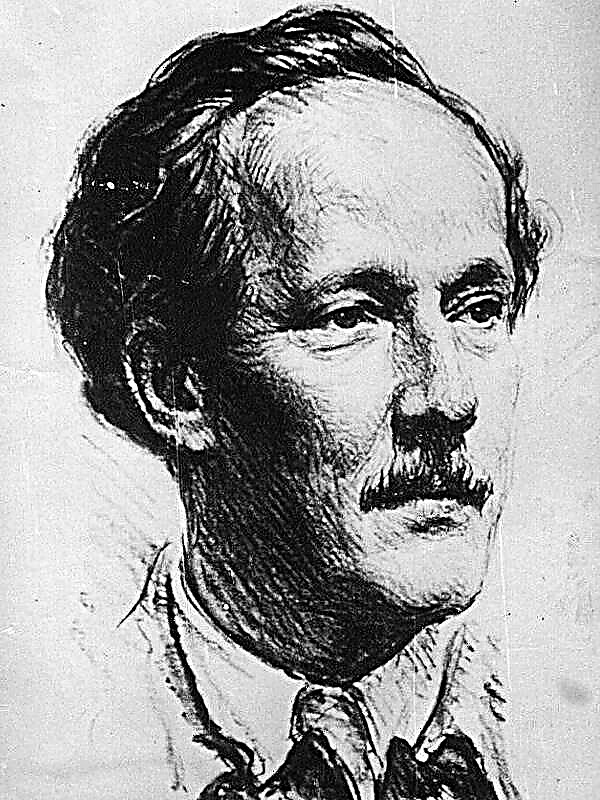
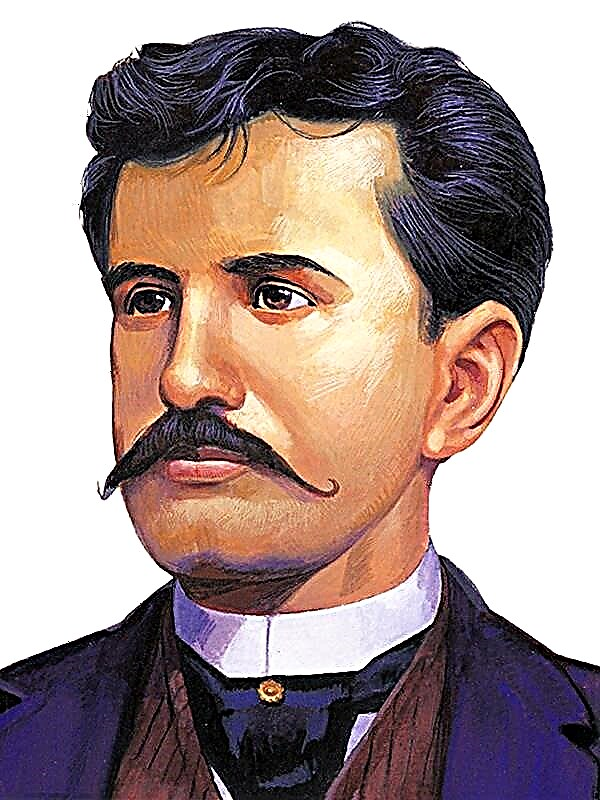
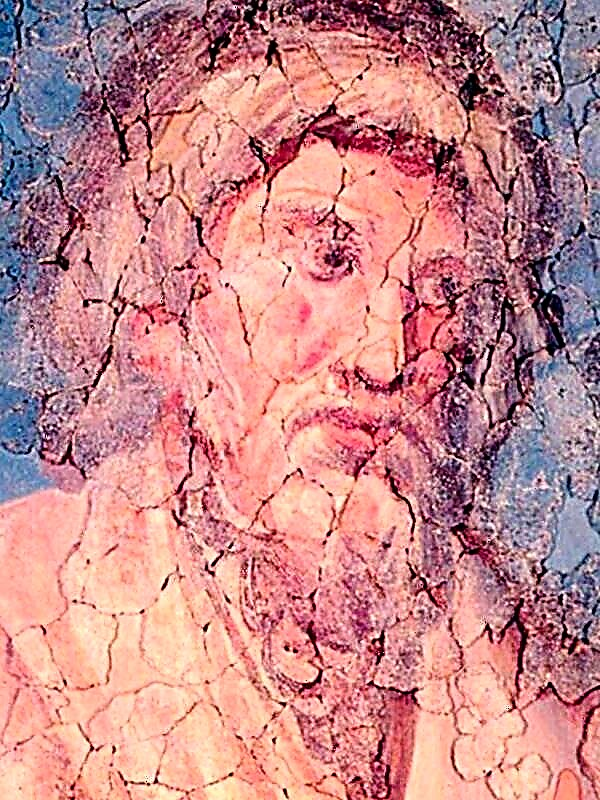 Metamorphoses
Metamorphoses


